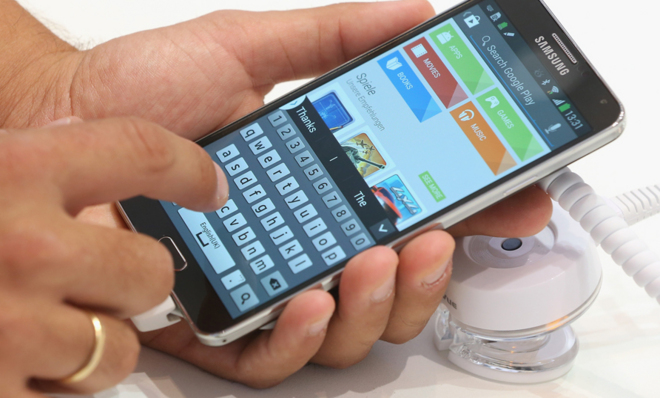Making money: Saving on your cell phone bill, and more
Three top pieces of financial advice — from finding high-deductible health plans to saying no to these add-ons

A free daily email with the biggest news stories of the day – and the best features from TheWeek.com
You are now subscribed
Your newsletter sign-up was successful
Saving on your cellphone bill
"That monthly bill can be a killer," said Sabah Karimi at US News. If you're looking to trim your cellphone costs, start with a close audit of your statement. "Make sure you're not paying for services you don't really need," whether unused voice minutes, data, or messages. And since a phone's value will decrease over time, "consider canceling insurance coverage as the phone gets older." You can avoid paying for text messages by using free mobile apps, and services like Skype can help you reduce your voice minutes, too. Family plans that share minutes and data packages can be cheaper than individual plans, especially "when some family members only need a cellphone for the occasional call or emergencies."
High-deductible health plans
The Week
Escape your echo chamber. Get the facts behind the news, plus analysis from multiple perspectives.

Sign up for The Week's Free Newsletters
From our morning news briefing to a weekly Good News Newsletter, get the best of The Week delivered directly to your inbox.
From our morning news briefing to a weekly Good News Newsletter, get the best of The Week delivered directly to your inbox.
Is a high-deductible health plan the best choice for you? asked John Waggoner at USA Today. About 70 percent of employers offer high-deductible plans, which can help workers reduce their insurance premiums. "But the downside is this: If you become seriously ill, you'll realize why it's called a high-deductible plan." The insurance coverage won't kick in to cover your costs until you meet the deductible — often $3,000 or more. "If you're young and healthy and broke," that might be a good option, but be a smart shopper: Consider putting money into a flexible spending account, learn the difference between generic and prescription drugs, and challenge doctors on fees if you end up in the emergency room. If you have chronic health issues, you're better off sticking to traditional coverage.
Say no to these add-ons
Don't let anyone sell you stuff you don't need, said Matt Brownell at Daily Finance. Salespeople who work on commission "love to turn a big purchase into a bigger purchase by convincing you to add extra stuff to your shopping cart." You should know which "upsells" you should never buy. Credit monitoring services, for instance, tend to be expensive and incomplete, and the extended warranties that retailers offer for pricey electronic devices are often "filled with loopholes that lessen their actual value." The warranties offered by manufacturers are usually a better deal. A store credit card is a special case. "This is the rare upsell that actually saves you money," since it can score you a discount on your purchase. But be careful how you use such cards — they often have high interest rates.
A free daily email with the biggest news stories of the day – and the best features from TheWeek.com
Sergio Hernandez is business editor of The Week's print edition. He has previously worked for The Daily, ProPublica, the Village Voice, and Gawker.